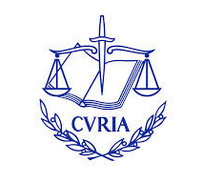Competences
The EU has only the competences conferred on it by the Treaties (principle of conferral). Under this principle, the EU may only act within the limits of the competences conferred upon it by the EU countries in the Treaties to attain the objectives provided therein. Competences not conferred upon the EU in the Treaties remain with the EU countries. The Treaty of Lisbon clarifies the division of competences between the EU and EU countries. These competences are divided into 3 main categories:
- exclusive competences;
- shared competences; and
- supporting competences.
The EU’s common foreign and security policy is characterised
by specific institutional features, such as the limited participation of the
European Commission and the European Parliament in the decision-making
procedure and the exclusion of any legislation activity. That policy is defined
and implemented by the European Council (consisting of the Heads of States or
Governments of the EU countries) and by the Council (consisting of a
representative of each EU country at ministerial level). The President of the
European Council and the High Representative of the Union for Foreign and
Security Policy represent the EU in matters of common foreign and security
policy.


Comments
Post a Comment